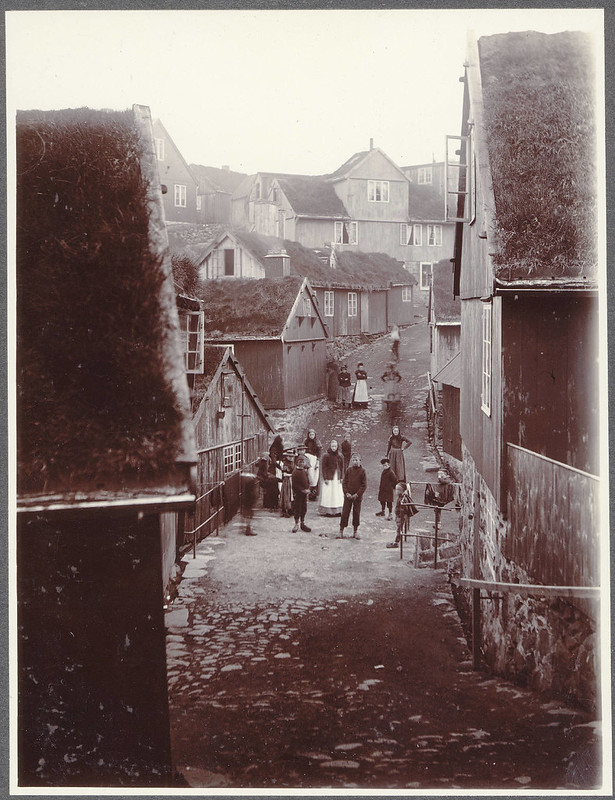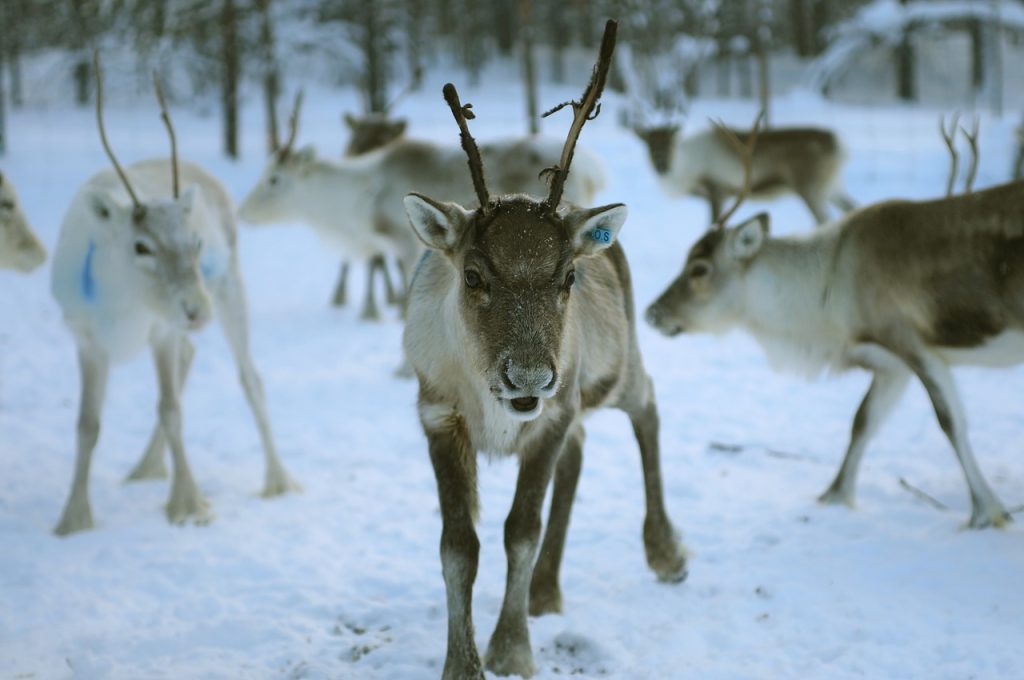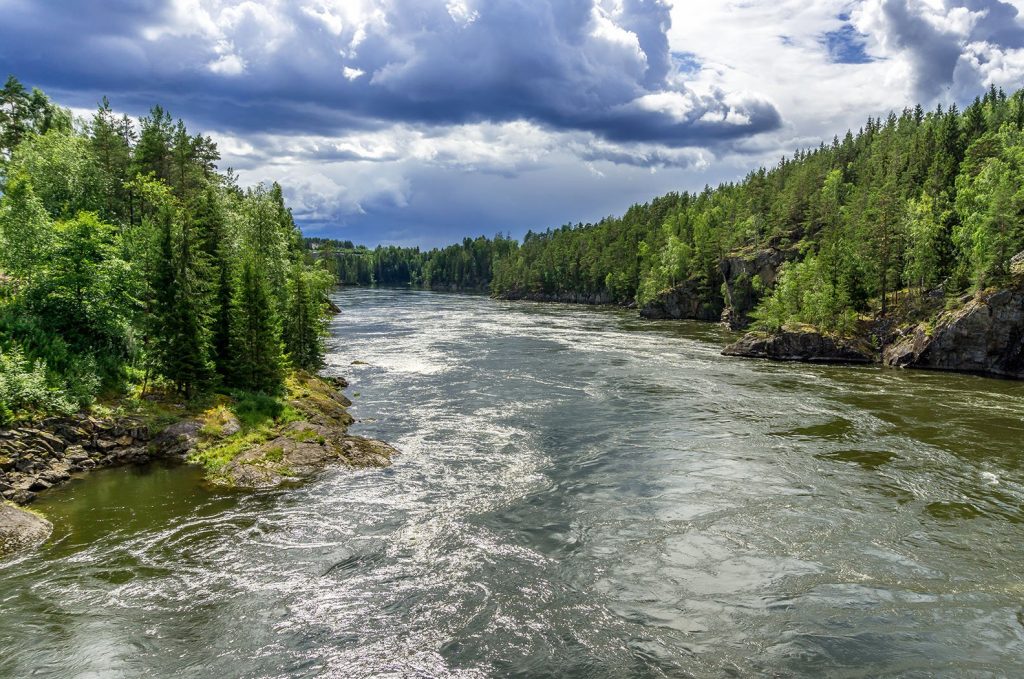A good child, yes, 28 years old, a pastor’s wife, and the country’s greatest whore!
I opted for the true classic this time and picked up Barbara by Jørgen-Frantz Jacobsen. Partly because I remember watching and enjoying the movie adaptation in the nineties, though I don’t remember the details.
And I actually enjoyed this book much more than I expected. The Faroese classic is not exactly an easy read. The language is as language was in the 1930es, and the exceedingly long explorations of psalms and sermons were a little tough to get through. That being said, I found the novel surprisingly gripping, and much more funny than I expected. I read the Danish version, so I cannot speak to the English translations, but I know there are two. Probably the newer translation is easier to read.

The title of this post comes from an old woman’s words early in the novel, describing Barbara, the captivating and free-spirited titular character. She is a wild, untameable force of nature, driven by her desires and seemingly indifferent to the consequences. Naive, passionate, and unapologetically herself, Barbara either enchants or repels everyone on the islands — there’s no middle ground.
I don’t commend Barbara, said the bailiff.
But neither do I do the opposite.
I simply believe that our young parson should
be given an insight into the circumstances
When a young Danish parson, Poul Aggersø, arrives to take up his post, he’s immediately warned about Barbara, who has already been widowed twice after marrying two clergymen. “Did she have something to do with the tragic demise of her husbands?”, the townspeople whisper. But Poul is already lost, hopelessly enchanted from the moment he lays eyes on her, and he falls into a whirlwind romance that is equal parts passion and despair.

One highlight of the novel is the visit from a French naval ship, which turns into a lively celebration. Barbara, ever the center of attention, sends Poul to bed and stays behind to charm and dance with the admiral. The night ends with scandal, and by the next spring, Tórshavn sees an influx of “French babies,” much to the amusement (and scandal!) of the town.
One highlight of the novel is the visit from a French naval ship, which turns into a lively celebration. Barbara, ever the centre of attention, sends Poul to bed and stays behind to charm and dance with the admiral. And by the next spring, Tórshavn sees an influx of “French babies,” much to the town’s amusement (and scandal!).
Eventually, Poul marries Barbara — though it seems he doesn’t have much say in the matter. As he learns more about her past and the townspeople’s whispers grow louder, he must confront the truth about Barbara and its implications for his own life. Meanwhile, Barbara, in her own way, also faces consequences — but does she ever truly understand them? I doubt it.

I’ve never been to the Faroe Islands, but I feel this novel brilliantly captures both its natural beauty and the Faroese society of the time. The vivid descriptions of the unpredictable weather, the isolation, and the poor means of travel, the clothes and homes, the importance of the church and the social hierarchies. Equally sharp is the depiction of small-town gossip and judgment, where everyone knows everyone, and rumours spread like wildfire.
Barbara was Jacobsen’s only novel, published posthumously in 1938 after his death from tuberculosis at just 37. It’s loosely based on the 17th-century Faroese legend “Beinta and Peder Arrheboe,” and some say aspects of Barbara were inspired by Jacobsen’s own girlfriend. I can’t decide whether to envy or pity him for that.
They had now rowed a full three hours.
Suddenly the mighty Konufell lifted out of the clouds overhead, like a petrified roar.
Rags of cloud still hurried by this broken mountain, hid the gigantic bluffs and then uncovered them, wrapped the crags and then laid them bare again, danced, drifted and mounted like smoke up through wet crevasses and fissures. The crew looked up as though into a giant organ, that was playing an inaudible but visually wild music
Jacobsen’s poetic descriptions of the islands, like the passage above, create a setting as wild and untamed as Barbara herself. It’s easy to see why this novel has endured as a classic.
Personally, I fell under Barbara’s spell. This Faroese classic is a tale of passion, pain, and the choices we make — of the things we sacrifice for love and the parts of ourselves we cannot change. If you’re in the mood for a thoughtful (and funny!) tale of love’s complexities, as unpredictable as Faroese weather — and don’t mind sitting through a sermon or two — Barbara is well worth your time.




